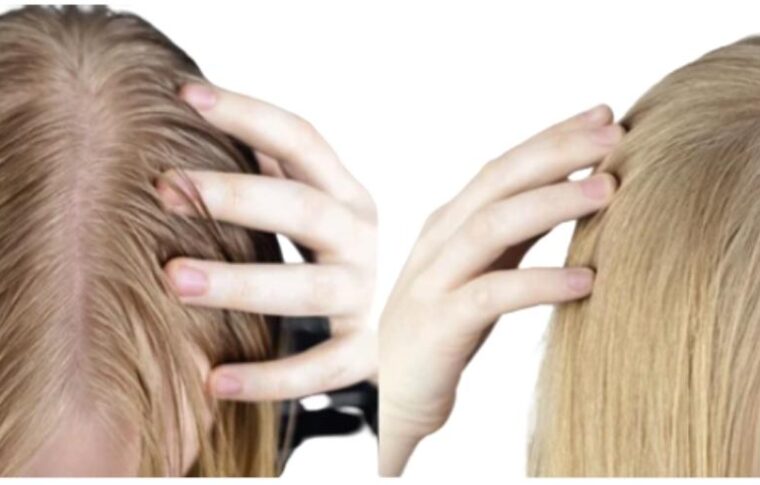Key Benefits of Hair Transplant
People consider hair transplants for a variety of reasons, primarily related to hair loss or thinning. Hair loss can impact one’s appearance, self-esteem, and confidence, leading individuals to seek solutions like hair transplantation.
It’s important to note that not everyone is a suitable candidate for a hair transplant. The success of a hair transplant depends on factors such as the extent of hair loss, the availability of donor hair, the quality of donor hair, and the individual’s overall health. Consulting with a qualified and experienced hair transplant surgeon is essential to determine whether a hair transplant is the right option for your specific situation.
Additionally, there are other non-surgical options for addressing hair loss, such as medications, topical treatments, and lifestyle changes. It’s recommended to explore all available options and consult with a healthcare professional before making a decision.
Hair transplant procedures offer several benefits for individuals experiencing hair loss or thinning. Here are some of the key advantages of hair transplants:
Natural-Looking Results: Modern hair transplant techniques, such as Follicular Unit Extraction (FUE) and Follicular Unit Transplantation (FUT), produce natural-looking results. Skilled surgeons can mimic the natural growth pattern of hair, ensuring that the transplanted hair blends seamlessly with existing hair.
Permanent Solution: Hair transplants provide a permanent solution to hair loss. The transplanted hair is typically resistant to the hormone DHT (dihydrotestosterone), which is responsible for causing hair loss in genetically predisposed individuals.
Improved Self-Esteem: Restoring a fuller head of hair can lead to improved self-esteem and self-confidence. Many individuals experience a boost in their overall well-being and quality of life after undergoing a successful hair transplant.
Customizable Treatment: Hair transplant procedures can be tailored to meet each individual’s specific needs and goals. Surgeons can design a treatment plan that addresses specific areas of concern and achieves the desired outcome.
Minimal Downtime: Recovery after a hair transplant is relatively quick, especially with modern minimally invasive techniques like FUE. Most individuals can resume their normal activities within a few days to a week after the procedure.
Low Maintenance: Transplanted hair requires minimal maintenance. It can be treated and styled just like natural hair, including washing, cutting, and grooming.
No Ongoing Costs: Unlike some other hair loss treatments that require ongoing medication or products, a hair transplant is a one-time investment. Once the procedure is complete, there are no additional ongoing costs associated with maintaining the transplanted hair.
Versatility: Hair transplants can be used to address various patterns of hair loss, including receding hairlines, crown thinning, and overall hair thinning. They can also be used to restore facial hair, such as eyebrows, mustaches, and beards.
Safe and Effective: Hair transplant procedures are generally safe and have a high success rate, especially when performed by experienced and qualified surgeons. Advanced surgical techniques and technology have contributed to improved outcomes and patient satisfaction.
Natural Hair Growth: Transplanted hair grows naturally and gradually, so the results develop over time and appear subtle and authentic.
Scar Management: With the FUE technique, scars are minimal and less noticeable compared to traditional methods like FUT. The individual extraction of follicular units allows for faster healing and reduced scarring.
Minimized Social Impact: Unlike other treatments that may require continuous use or lifestyle adjustments, a hair transplant can be a discreet solution, minimizing the social impact of hair loss.
It’s important to have realistic expectations and consult with a qualified hair transplant surgeon to determine if you are a suitable candidate for the procedure. Each individual’s situation is unique, and a thorough evaluation will help you make an informed decision about whether a hair transplant is the right choice for you.



